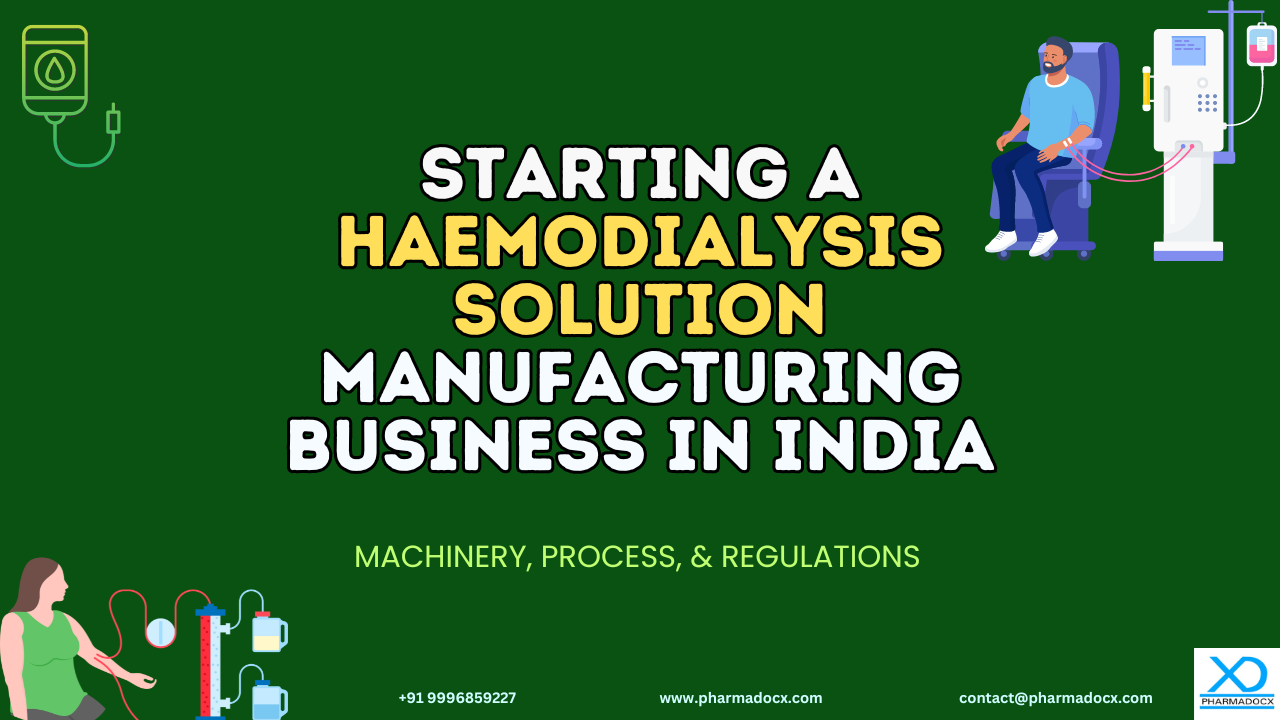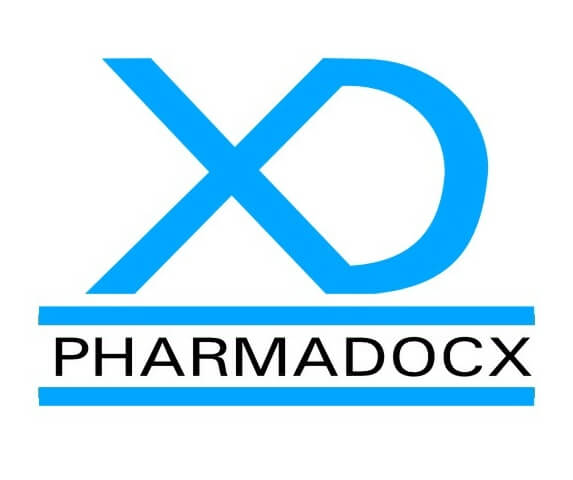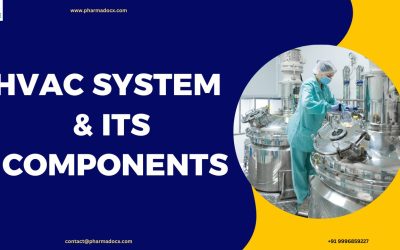Are you planning to start a haemodialysis solution manufacturing business in India? Well, you have landed in the right place. We have curated this detailed guide just for you.
Dialysis: A life saving treatment for patients with kidney failure or ESRD
If you want to start a haemodialysis solution manufacturing business, it is important to understand what is dialysis and hemodialysis.
The basics of dialysis
Dialysis basically performs the function of the kidneys when they were healthy. Dialysis treatment is used to remove waste products and excess fluid from the blood. The dialysis machine or the dialyser is usually termed as the “artificial kidney”. Individuals with kidney failure or end-stage renal disease (ESRD) usually need dialysis to perform the function of their failing kidney.
Two types of dialysis are usually performed:
- Hemodialysis
- Peritoneal dialysis
In this blog, we will focus on hemodialysis.
What is hemodialysis?
During haemodialysis treatment, the dialysis machine:
- Removes blood from the body via a needle inserted in the patient’s arm.
- Circulates the blood through the dialyzer filter. This filters the blood and the waste from the blood into a dialysis solution.
- Returns the filtered blood to the body via a different needle inserted in the patient’s arm.
- Monitors the blood pressure to regulate the speed of blood flow from and into the body.
The entire dialysis process usually takes 3- to 5-hour to be completed. It may be carried out in a hospital or a dialysis centre and is usually performed thrice a week. Additionally, sometimes dialysis is also performed at home. However, home dialysis is usually performed four to seven times per week. The dialysis machine is usually designed with a potential blood leak detection system. This alerts the medical staff and the machine temporarily switches off. This alert system protects the patient from blood loss, which otherwise would have detrimental consequences.
Haemodialysis helps control blood pressure. It balances important minerals, such as potassium, sodium, and calcium, in the blood. However, hemodialysis treatment is associated with potential risks. Infection and poor blood flow are some of the risks commonly observed.
What is a haemodialysis solution?
Haemodialysis solution or the dialysate is the fluid in the dialysis machine. During dialysis, this solution exchanges with the body fluids through the dialysis membrane. It safely removes the metabolic waste products and excess salt and fluids from the blood circulated through the dialysis machine. It is usually made of water, glucose, and salts (sodium bicarbonate and sodium chloride). The common six electrolytes usually found in the dialysate are: sodium (Na+), magnesium (Mg2 +), potassium (K+), calcium (Ca2 +), chloride (Cl–), and bicarbonate (HCO3–). The concentration of the salts is usually similar to those found in normal blood. Doctors may choose to alter the concentration of salts in the dialysate depending on patient’s blood mineral concentration and pressure.
The dialysate helps the body discharge excess water and metabolic waste. It basically adjusts the acid–base balance of the body fluid to maintain the stability of the internal environment.
Haemodialysis solution is usually divided into:
- Part A containing potassium ions, sodium ions, calcium ions, and magnesium ions
- Part B containing bicarbonates
Machinery and equipment need for manufacturing haemodialysis solution
- Blow moulding machine for manufacturing bottles (5 L and 10 L)
- Ultrapure water system
- Hemodialysis solution mixing system. The systemconsists of 4 mixing tanks: two for dialysis solution part A and two for dialysis solution part B
- Bottle filling, capping, and labelling machine. This machine usually has two parts one for dialysis solution part A and one for dialysis solution part B.This machine is used forliquid filling, insertion of internal lid or seal, and automatic capping of the bottles.
- Automatic carton packing machine for packing 2 bottles or 4 bottles per carton, as required
- Palletizer machine for automatically placing cartons on pallets with 5, 6, or 8 cartons per layer
Haemodialysis solution manufacturing process
We will provide a brief overview on how the haemodialysis solution is manufactured. The purified water is filled into the mixing tank followed by addition of chemicals. Then, this solution is properly mixed. A microorganism assay is performed to check for contamination. After which, the solution is filled into bottles. Then, the bottles are automatically capped and sealed. The bottles are appropriately labelled and packaged into cartons.
Latest CDSCO guidelines for haemodialysis solution manufacturing business in India
CDSCO has updated the applicable guidelines for manufacturing haemodialysis solution in India. As per latest CDSCO guidelines, haemodialysis solutions will not be governed under the rules for drugs but will be under medical device guidelines.
Previously, license to manufacture haemodialysis solution was issued under Form 25. State FDA used to be the issuing authority. However, as per the latest government guidelines, the license will be granted under Form MD-9 as per MDR, 2017. CDSCO officials are now the issuing authority and CDSCO officials will conduct the audit. As per updated guidelines, state FDA has no role in haemodialysis solution manufacturing license grant.
As per CDSCO classification system, the haemodialysis concentrate is classified as Class C. Hence, all CDSCO regulatory guidelines for CDSCO Class C will be applicable. Thus, the application process for the haemodialysis solution manufacturing license in India will be per CDSCO Class C guidelines. The license will remain valid indefinitely provided the license retention fee is paid every 5 years.
What will happen to businesses already holding license under Form 25 for manufacturing haemodialysis solution in India?
Existing companies manufacturing haemodialysis solution in India already have valid licenses under Form 25 as per Drugs and Cosmetics Act. For these companies, it is important to note haemodialysis solution manufacturing license under Form 25 will no longer be renewed. These companies need to secure a manufacturing license under Form MD-9 as soon as possible prior to the expiry of their existing license. Furthermore, audit for the grant of haemodialysis solution manufacturing license will be conducted again.
Requesting all companies with haemodialysis solution manufacturing license under Form 25 to contact us. We will help you to transition to the new licensing requirements in a seamless manner. Our team of experts will ensure your business complies with all the updated CDSCO regulations. Our aim is to help you secure the license in a hassle-free manner.
Regulatory requirements for starting a haemodialysis solution manufacturing business in India
We have outlined some of the basic requirements:
- All CDSCO Class C and Form MD-9 regulatory requirements will be applicable
- Approximately 6000 square feet of industrial area
- 2 technical personnels holding a B.Sc /B.Pharm /B. Tech degree and having 2 years of experience in manufacturing haemodialysis solution
- Clean room and puff panels and HVAC system
- Epoxy flooring
- RO system
- Water circulation system
- Fire NOC
- Pollution NOC
For a detailed list of all requirements, please get in touch with us and we will be happy to help.
CDSCO license fees
- Rs 50000 will be required for the manufacturing plant
- Rs 1000 will be required for the product.
FAQs
Will a haemodialysis solution manufacturing business in India be profitable?
Approximately 200,000 individuals in India develop end-stage kidney disease every year. The major hurdle in end-stage kidney disease treatment is the lack of accessibility and affordability of dialysis treatment. Hence, there is a high demand for manufacturing haemodialysis solution to cater to the Indian demands.
Is haemodialysis solution regulated under guidelines for drugs or medical devices?
As per latest CDSCO guidelines, haemodialysis solutions will be governed under the regulations for medical device
Hemodialysis solution belongs to which CDSCO class?
As per CDSCO classification system, the haemodialysis concentrate is classified as Class C.
As per CDSCO classification system, the haemodialysis concentrate is classified as Class C.
Which manufacturing license is required for manufacturing haemodialysis solution in India?
As per latest guidelines, the manufacturing license for haemodialysis solution is currently granted under Form MD-9, as per MDR, 2017.
If I already have a haemodialysis solution manufacturing license under Form 25, do I need to change my license per new guidelines?
Yes, you will need to change your license, as per new guidelines. Haemodialysis solution manufacturing license under Form 25 will no longer be renewed. A manufacturing license under Form MD-9 needs to be secured prior to the expiry of the existing license.
We at Pharmadocx Consultant are ready to provide regulatory support for starting a haemodialysis solution manufacturing business in India. Drop an email at [email protected] or call/Whatsapp on 9996859227 and we will help you.





